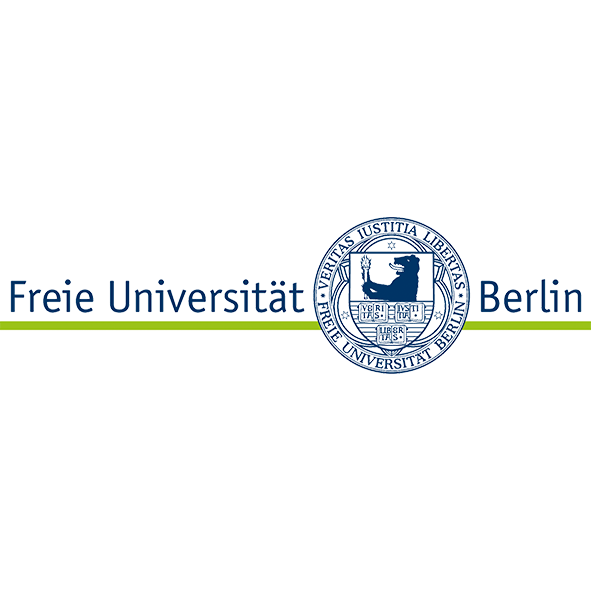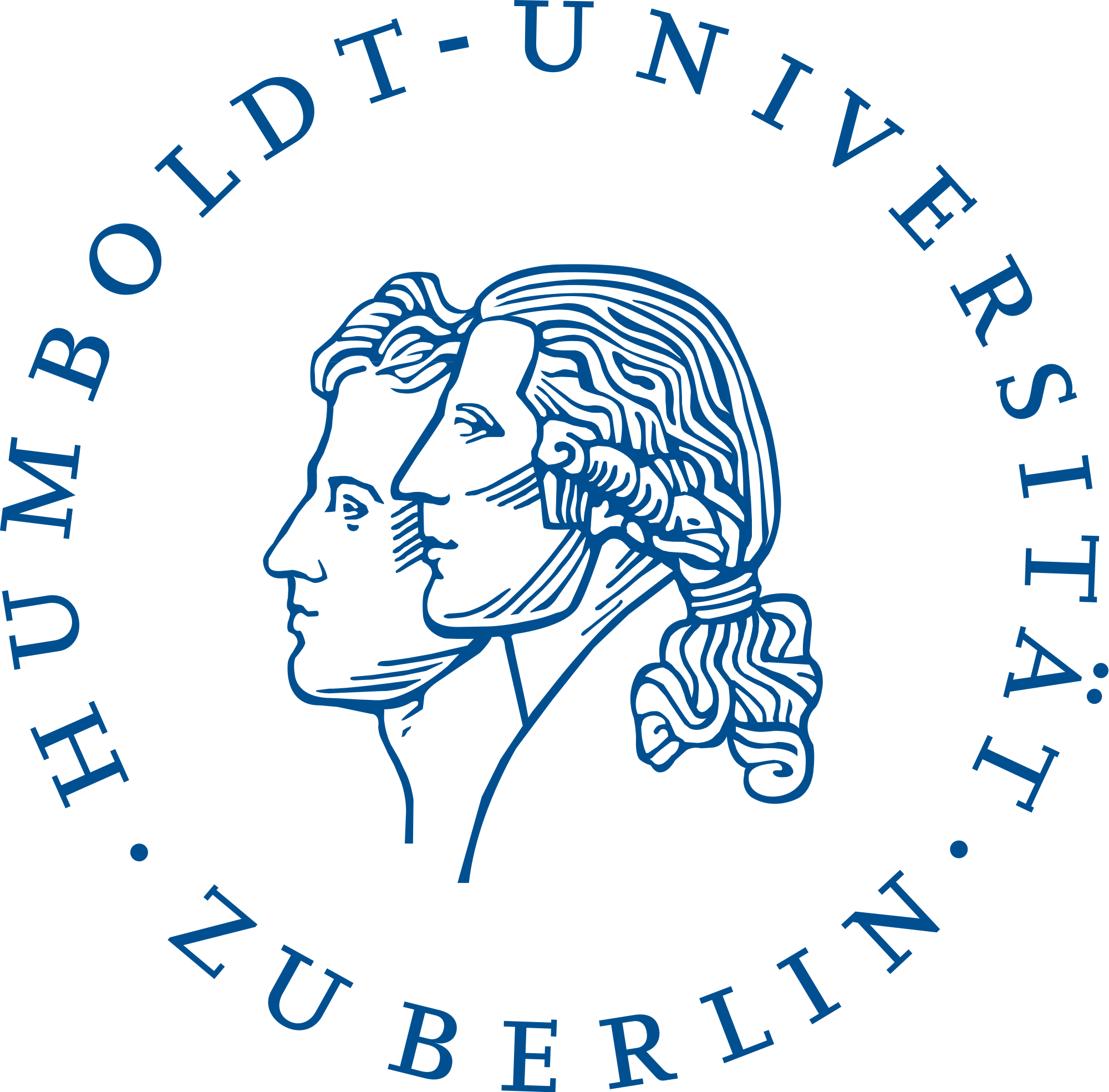
Dr. des. Simon David Hirsbrunner
Postdoc in Geo.Society
#Public engagement #Climate #Environment #Science & Technology Studies #Qualitative methods #Social research #Ethics in technology #Open science
Trust in Data Science
Collaborating Scientists: Prof. Dr. Claudia Müller-Birn (FU) and Prof. Dr. Jörg Niewöhner (HU)
Project Outline
Data science is a highly debated field and practice in contemporary science, policy, and industry. In a loose understanding, the term is often associated with the contemporary challenges of ‘big data’ and opportunities in machine learning, deep learning and artificial intelligence to deal with it. Conceptually, data science may grasp a more generalized shift in academia and industry to take ‘data’ as the primary object to be dealt with (Ribes 2018, 2), translating to an entanglement of data collection, engineering, analytics, and representation (see Computing Research Association 2016). For academia, experts in the field have also highlighted the transdisciplinary nature of data science, arguing that “across academic disciplines, the computational and deep data problems have major commonalities. If researchers across departments join forces, they can solve multiple real-world problems from different domains." (O’Neil and Schutt 2013, 15) In particular, a great potential has been seen in ‘AI for good’, with data science addressing particularly socio-environmental challenges such as climate change, biodiversity loss, and natural risk prevention and management (see International Telecommunication Union 2018, 26; Bundesregierung 2018, 17; Karpatne et al. 2017). Nevertheless, a variety of actors have also highlighted potential risks of data science practices, linked to issues such as bias in and opacity of such algorithmic systems (see Crawford 2013; Crawford and Calo 2016; AI Now 2018). Such risks are also highly relevant for the application of data science in the geosciences, as scientific publications and voices from the field are showing (see Hüttl and Schwartze 2018, 60f).
The present project suggests that many of these concerns can be translated to a challenge of building trust: trust in data that travels increasingly between different geographic places, social worlds, and digital networks (e.g. mobilized through open data policies). Trust in complex, sometimes opaque algorithms that map and learn from such distributed data resources (e.g. machine learning, data mapping tools). Trust increasingly distributed infrastructures that tie researchers, algorithms, and data together (e.g. cloud computing infrastructures). And trust in the insights of data science processes (e.g. predictions).
Dominant ways to approach challenges of trust in modeling processes are uncertainty quantification and representation (for the case of climate modeling, see Dessai and Hulme 2007; Lahsen 2005; Shackley and Wynne 1996; Bradshaw and Borchers 2000; Painter 2013). The present project proposes another way forward: it adopts an infrastructural and practice-oriented perspective on data science, building on insights from critical data, algorithm, and infrastructure studies (Vertesi and Ribes 2019; Iliadis and Russo 2016; Kitchin and Lauriault 2014; Bowker et al. 2009; Star and Ruhleder 1996). That way, it will be possible to ground characterizations of trust in concrete scientific practice and its material conditions. It also suggests that trust is relational, temporal and situational – for trust to emerge, it may be crucial to assess when and in what circumstances certain things are happening.
As a first investigation, configurations of trust are explored with regard to the public understanding and debate of scientific climate knowledge. The sub-project explores user engagement and debates around animated maps of sea-level rise on the video platform YouTube.
Publications
Hirsbrunner, Simon David. Forthcoming (autumn 2020). Opening Science for Future. Climate Impact Research and its Digital Transformations. Bielefeld: transcript
Hirsbrunner, Simon David. Forthcoming (spring 2020). When is an interface? how a data explorer finally became an interfacial element for pedagogic work on climate change. in Interfaces in a Datafied Society. London: Palgrave Communications
Blumental, Ines, Carolin Schlenther, Simon Hirsbrunner, Manfred Stock, and Thomas Nocke. 2017. “Climate Impacts for German Schools—An Educational Web Portal Solution.” in Handbook of Climate Change Com- munication: Vol. 3. Berlin: Springer
Vadrot, Alice, Simon Hirsbrunner, Walter Kahlenborn and Ronald Pohoryles. 2012. Welchen Wert hat die Natur? Eine Analyse des gesellschaftlichen und politischen Diskurses über die Inwertsetzung von Biodiversität. Gu- tachten für das Büro für Technikfolgen-Abschätzung beim Deutschen Bundestag (TAB). Berlin/Wien: adelphi consult GmbH/ICCR Foundation.
Adriázola, Paola; Alexander Carius, Dennis Tänzler, Irina Comardicea, Simon Hirsbrunner and Achim Maas. 2012. Climate Diplomacy - Reducing Risks for Security. Studie im Auftrag des Auswärtigen Amtes. Berlin: adelphi
Hirsbrunner, Simon; Dennis Tänzler and Lena Reuster. 2011. „Important aspects of sinks for linking emission trading systems,“ In: Climate Change 09/2011. Dessau/Roßlau: Umweltbundesamt
Tänzler, Dennis, Simon Hirsbrunner, Janina Barkemeyer und Dominik Weidert. 2011. Low Carbon Economic Development and Beyond: Cooperation Areas for a Green Economy. Ein Deutsch-Chinesischer Dialog. Ta- gungsdokumentation. Berlin: adelphi.
Hirsbrunner, Simon, Dennis Tänzler and Alexander Carius. 2010. Strategische Umweltpartnerschaften mit Schwellenländern. Studie im Auftrag des Bundesministeriums für Umwelt, Naturschutz und Reaktorsicherheit (internal study, unpublished)



